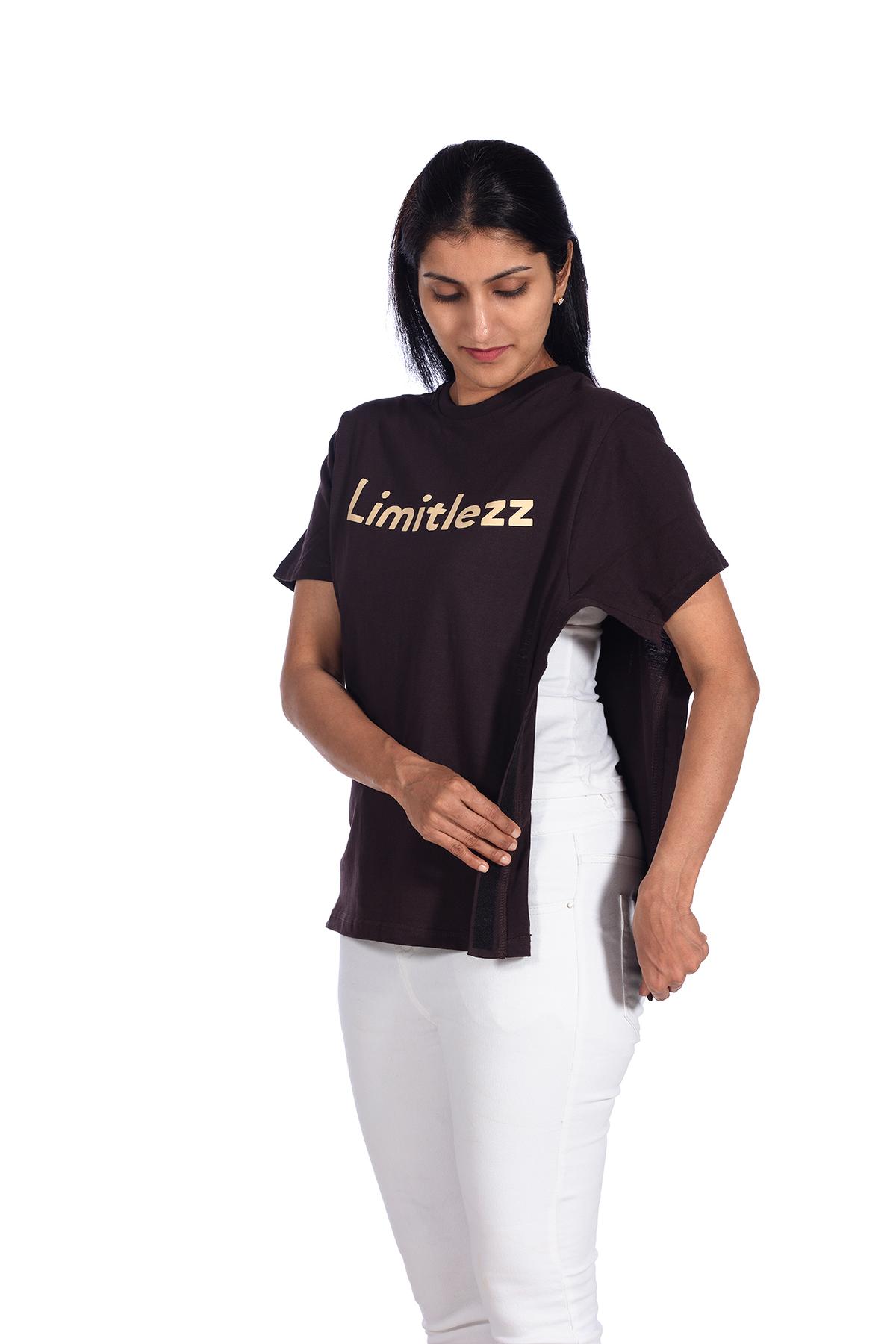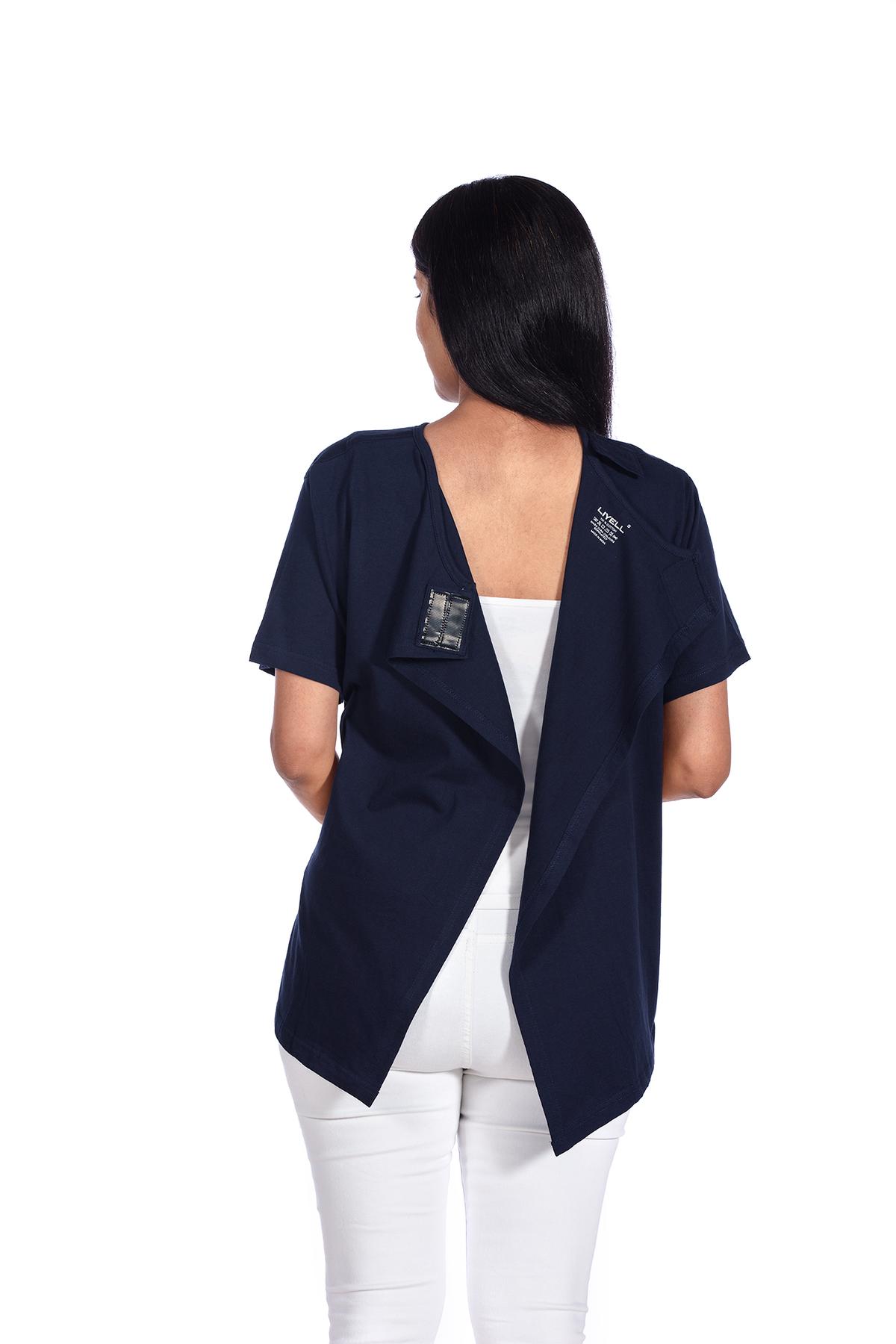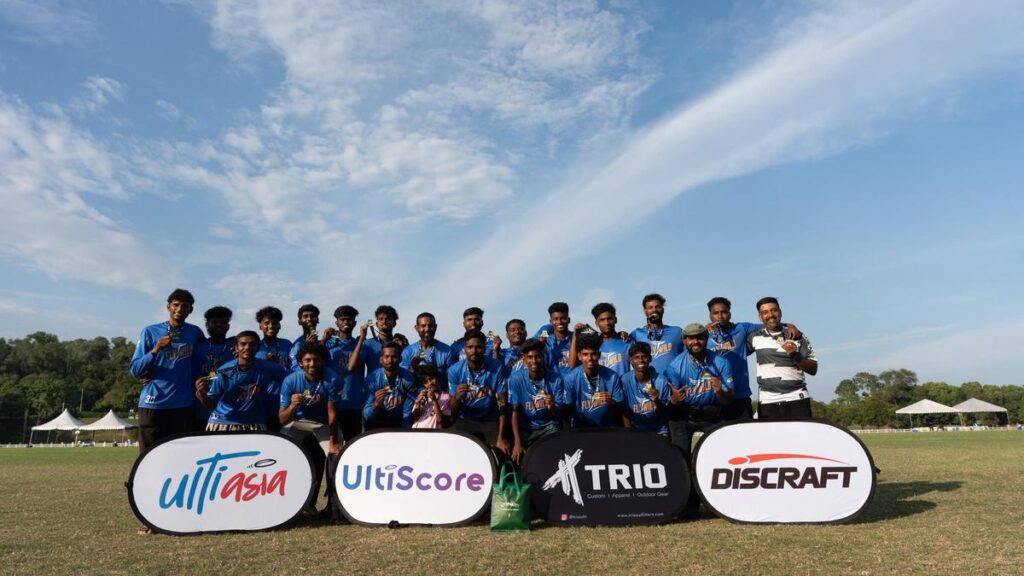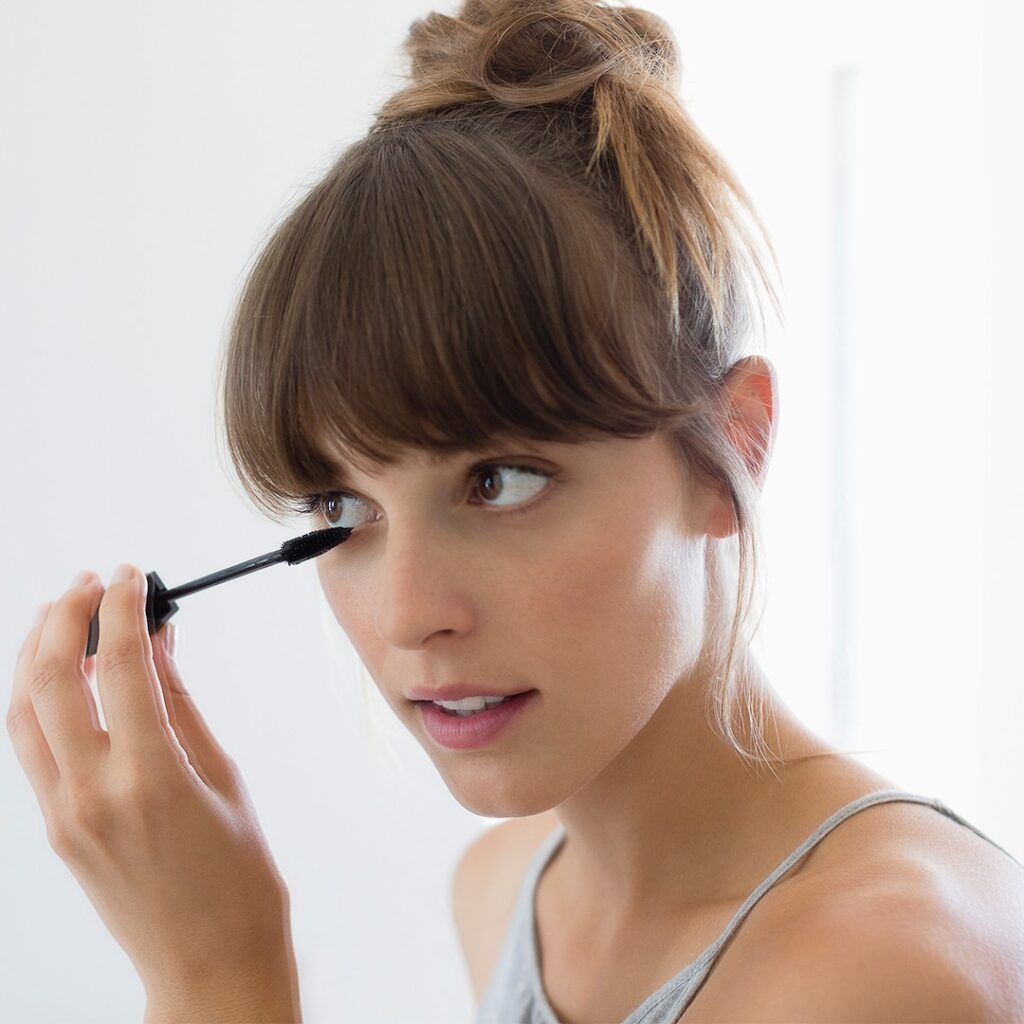HR professional-turned-entrepreneur Limi Tom makes a profound observation during our conversation about adaptive wear — the abled have a duty to do something for the disabled to make their lives easy. We are at her neatly-arranged ‘warehouse’ at Kakkanad in Kochi. Shelves have foldable storage boxes of stock: adaptive t-shirts and hospital gowns, rolls of fabric and other inventory. Limitless, her coffee-coloured t-shirt announces. “I wanted to go with that name for registration but it was already taken so I settled for Liyell,” says Limi, one of the few makers of adaptive clothing in the country.
The t-shirt she is wearing is one of the four designs that are part of her adaptive clothing line apart from the hospital gown and dresses. She literally pulls apart the side seam to explain the design. It can be detached right up to the arm, slides off one’s head and the other hand. Perfect for someone with limited mobility and/or is recovering from surgery.
The other three include one that slides on front to back and has velcro strips on the back, another is opens in the front and the third one is the design she has a patent for — a sleeveless t-shirt with velcro on both side seams. This piece of clothing when removed is rectangular with a hole in the middle for the head. There are two gowns as well; the garments are uni-sex, Limi adds. She has an institutional order from a city hospital for the gowns.

One of the adaptive t-shirts designed by Limi Tom.
| Photo Credit:
SPECIAL ARRANGEMENT
Adaptive wear was never part of her plan. A minor fracture in 2020 set the ball rolling in the direction. She had just quit her job, looking forward to doing things with her hand. “Needlework, for example! And then with this fracture that became the thing I could not do temporarily. It was an avoidable gym injury — a fracture in my palm. That I had to depend on someone to help me change was frustrating and, not to mention, restricting,” says Limi, 43.
Meeting a demand
Getting clothing that would be easy to manoeuvre her and her plastered hand into and out of garments was a tough ask, she learnt. There was nothing in the market. “We went to stores asking for anything remotely adaptive. On our way back from the hospital, we checked many stores only to be told there was nothing. One shopkeeper offered to alter garments, men’s shirts, to make them ‘adaptable’. Left with no choice, we bought those,” says Limi.
The fracture made her largely dependent on her husband. She needed his help for everything including taking a shower. “I would have to wait till late in the night for him to get back. Dressing up myself became an achievement. I actually called up people excitedly telling them about it. They did not understand what the big deal was!” Being dependent on somebody else entirely even for a few days caused a shift in her ideas of independence and dignity.
While the experience was thought-provoking and insightful, it also led her to think about adaptive clothing and realising how changing clothes messed by food spills or other factors was seen as ‘non-value adding activity’ as opposed to feeding or cleaning. Changing the clothes of a patient confined to bed is especially difficult with t-shirts, shirts or nighties, which are usually worn by such patients. It contributes to caretaker fatigue, Limi underlines.
Adaptive clothing made easy
This is where something like Liyell t-shirts and hospital gowns make changing easy as simple as pulling apart the velcro seams. The velcro was one of the pivots from her original designs, which made use of snap buttons. That was an outcome of her research centred around palliative care centres in the city, Signature Age Care and Cancare, which work with patients confined to beds and carers of those who might need help dressing due to the absence of adaptive clothing.
Research also included a friend’s mother who suddenly fell sick. Limi was able to give samples for an understanding about what works and does not. For instance, in order to fine tune the hospital gown, she showed three prototypes to Lissie Hospital. “The inputs came from the staff who cares for these patients, it helped with fine-tuning the design.” All Liyell garments are machine washable.

A back open t-shirt
| Photo Credit:
SPECIAL ARRANGEMENT
“There were many learnings along the way,” she says. The design points, based on feedback from these resources, were aimed at functionality. The research and development took a couple of months before she started production in 2022. While the t-shirts are made in Tirupur, the gowns are manufactured in Kochi by women-run units. Limi does not have a production unit, instead she outsources the work to local women-run units.
An MBA, who has worked in the HR departments of companies such as Tata Consultancy Services (TCS) and V Guard, Limi brings 20 years of corporate experience to her company. Liyell was given the Kerala Startup Mission’s Innovation Grant for 2024 for new product development, she was also awarded Inclusion Fellowship 2023 at the India Inclusion Summit held at Bengaluru. Her startup, with a mentorship in IIM Bengaluru, is bootstrapped, with Limi pouring almost everything she earns as HR consultant and Skill Builder.
Adaptive clothing for patients in recovery is different from disability-inclusive design. The industry is still in its nascence in India, with very few makers. There are fashion designers making disability friendly garments, but few in this category. One adaptive clothing market analysis and forecast for the next eights (2025-32) pegs the growth from 18.5 billion USD in 2025 to 32.12 billion USD in 2032. While Europe holds the largest market at 45.4%, the Asia Pacific region (with China and India as the leading players) is pegged at 18.4%.
The going has not been easy but Limi is determined. For instance, finding space on most e-commerce sites that do not have a separate segment for adaptive clothing — inclusive or for those with special needs. “We are listed under active wear!” As a result, those looking for adaptive clothing cannot find these. “Nobody knows,” she says. She is doing her bit to spread awareness and thinking of ways to make the availability known fully aware that it is an uphill task with no guarantees but she wants to give it her best shot.
For more information liyell.com
Published – July 25, 2025 10:25 pm IST






